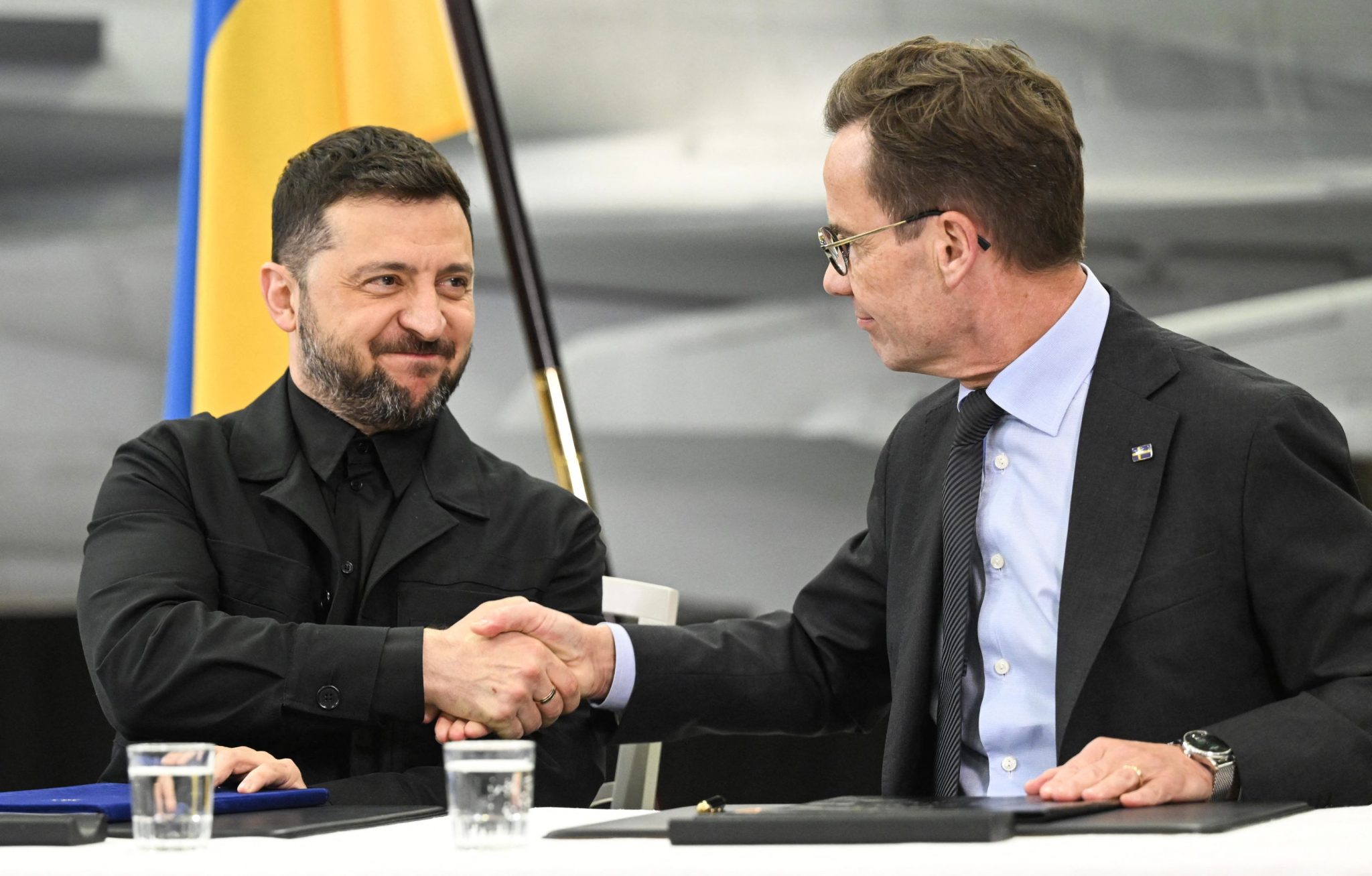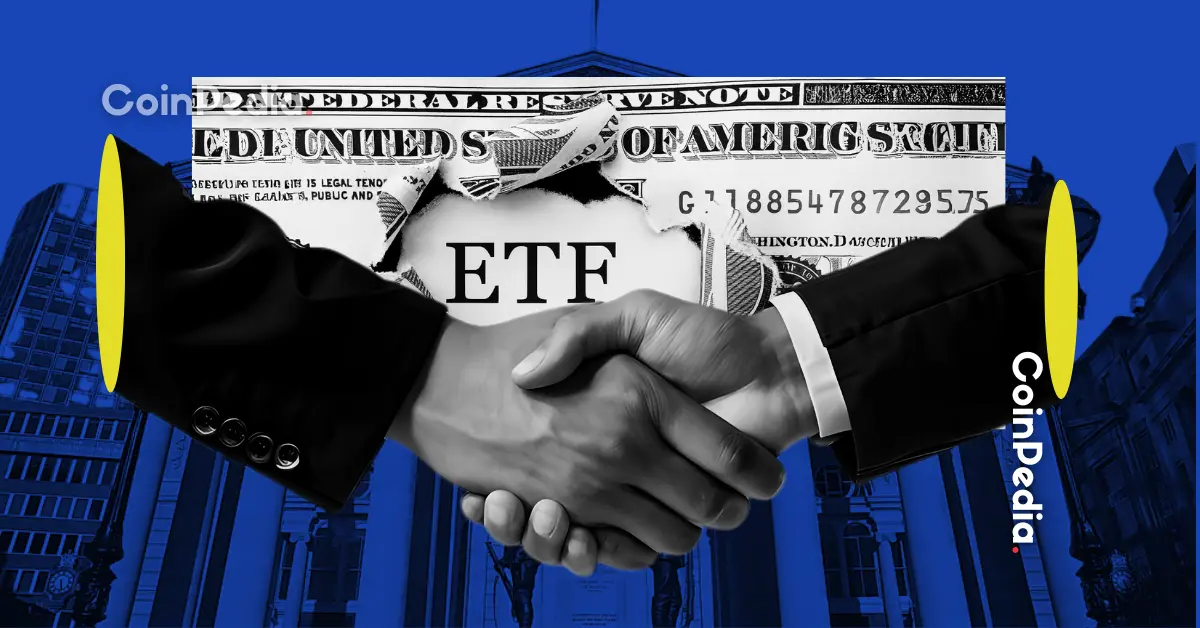EU moves to choke off Russia’s energy cash flow with sanctions on ‘shadow fleet’ and LNG sanctions


The European Union has agreed on a new raft of sanctions against Russia targeting its shadow fleet of oil tankers and banning its imports of liquefied natural gas, the Danish EU presidency announced Thursday.
“Today is a good day for Europe and Ukraine,” Danish Foreign Minister Lars Løkke Rasmussen said in a statement, as EU leaders were gathering for a summit in Brussels.
He said that the new sanctions “will introduce new and comprehensive measures on oil and gas, the shadow fleet and Russia’s financial sector.” A new system for limiting the movement of Russian diplomats within the 27-nation EU will also be introduced.
The move comes a day after U.S. President Donald Trump’s administration announced new sanctions against Russia’s oil industry that are aimed at moving Russian President Vladimir Putin to the negotiating table and ending Moscow’s war on Ukraine.
Energy revenue is the linchpin of Russia’s economy, allowing Putin to pour money into the armed forces without worsening inflation for everyday people and avoiding a currency collapse.
The new EU measures took almost a month to decide. The 27-nation bloc has already slapped 18 packages of sanctions against Russia over the war, but getting final agreement on who and what to target can take weeks.
The sanctions agreement was sealed at a Thursday morning meeting of EU ambassadors, just a few hours before Ukrainian President Volodymyr Zelenskyy joins his European counterparts for the one-day summit, as they press for a ceasefire to halt almost four years of fighting.
The summit comes after Trump said that his plan for a swift meeting with Putin was on hold because he didn’t want it to be a “waste of time.” It was yet another twist in Trump’s stop-and-go effort to end the war.
The leaders are also eager for any progress on Trump’s Gaza peace plan, and will debate ways to keep the 27-nation bloc involved in proceedings.
The EU is the world’s biggest provider of aid to Palestinians but has little leverage over Israel – in part because European nations are divided over how to handle the conflict – and it has struggled to play a role of consequence.
It’s role in the war in Ukraine is clearer, and the summit takes place as Russian armed forces strike at the conflict-torn country’s power grid just as the weather starts to turn colder.
Earlier this week, Ukraine’s strongest European backers who form part of the “coalition of the willing” said they opposed any push to make Ukraine surrender land captured by Russian forces in return for peace, as Trump most recently has suggested.
The U.K. will host a meeting of the members of that coalition of more than 30 countries on Friday.
On the EU side, leaders intend to push forward with plans to use billions of dollars in frozen Russian assets to help fund Ukraine’s war efforts, despite some misgivings about the consequences of such a step.
The biggest tranche of frozen assets – some $225 billion worth – are held in Belgium, and the Belgian government has been reluctant to take any risks on using the money without firm guarantees from its European partners.
Ukraine’s budget and military needs for 2026 and 2027 are estimated to total around $153 billion.
The EU leaders are also likely to sign off on a new “road map” to prepare Europe to defend itself against a Russian attack by the end of the decade. Top officials believe that Russian could be ready to take aim at another European country within 3-5 years.
___
Follow AP’s coverage of the war in Ukraine at https://apnews.com/hub/russia-ukraine





